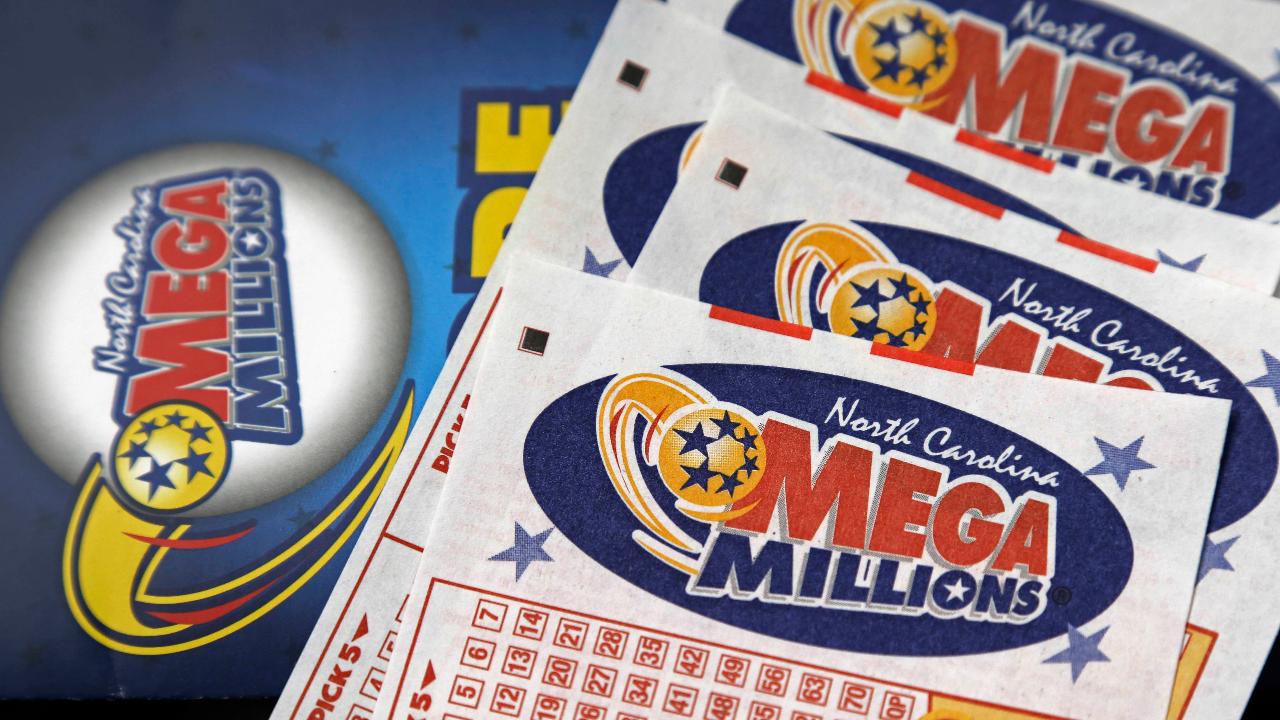Lottery fever grips the nation: what to know
Your chances of obtaining sainthood may be more likely than winning the lottery, but that hasn’t deterred millions of Americans from taking their chances on the Mega Millions jackpot, which on Saturday swelled to a record-high of $1.6 billion.
No winners were selected in Friday’s drawing, making it the 25th consecutive drawing that ended with no victor.
Even if you didn’t match all six numbers, be sure to keep your ticket: Mega Millions officials have said they sold more than 33.4 million winning tickets since July, with some worth as much as $1 million. Tickets cost $2 per play, and are sold in 44 states, Washington D.C. and the Virgin Islands.
Although the jackpot is at a record-high (the Powerball once hit $1.6 billion in 2016, resulting in three winners) market analyst Dan Geltrude warned the actual lump sum, cash payout would be around 65 percent of the actual number at $904 million.
“And it’s deceiving,” he said. “Because even this $1.6 billion number, that’s not what you get. That number is based on an annuity over 30 years.”
Last year alone, Americans spent a whopping $80 billion in lottery tickets, according to Geltrude. But he acknowledged that it’s not necessarily a bad investment if people are cognizant of how much they’re spending on tickets.
“It’s gambling,” he said. “It’s like any other vice. You don’t want to go overboard. So if you can keep it in check, it’s not such a bad investment, if you don’t go over your head.”
Your next shot at winning is on Tuesday, with the next drawing taking place at 11 p.m. ET.
The Powerball will be drawn on Saturday and is worth an estimated $470 million.




















